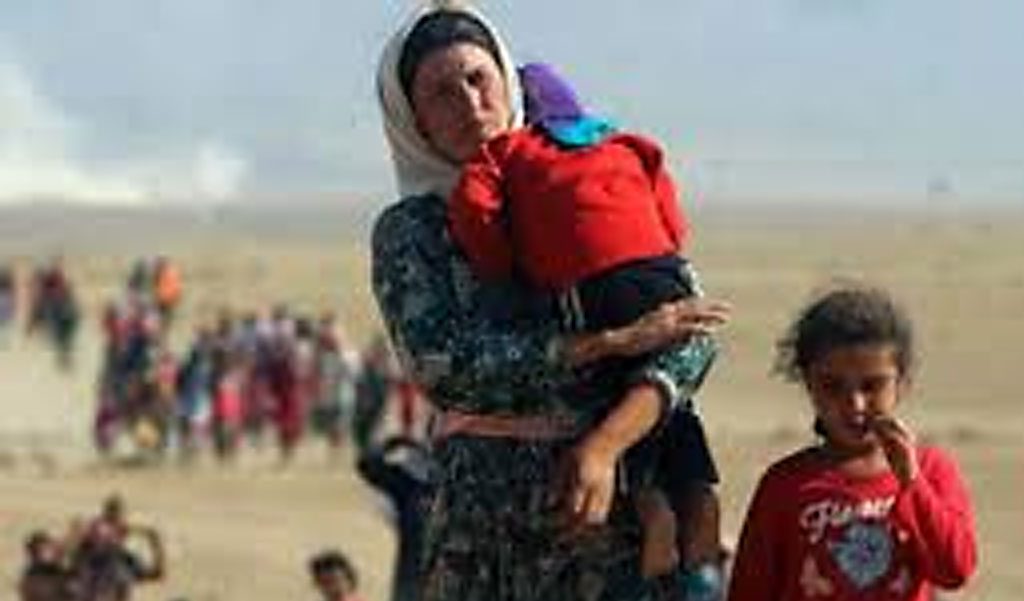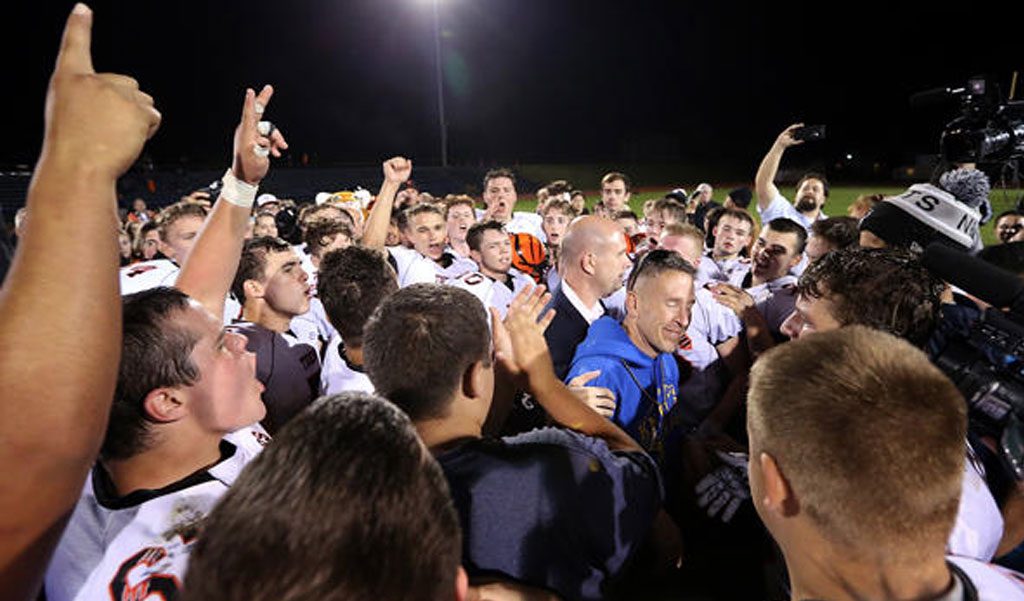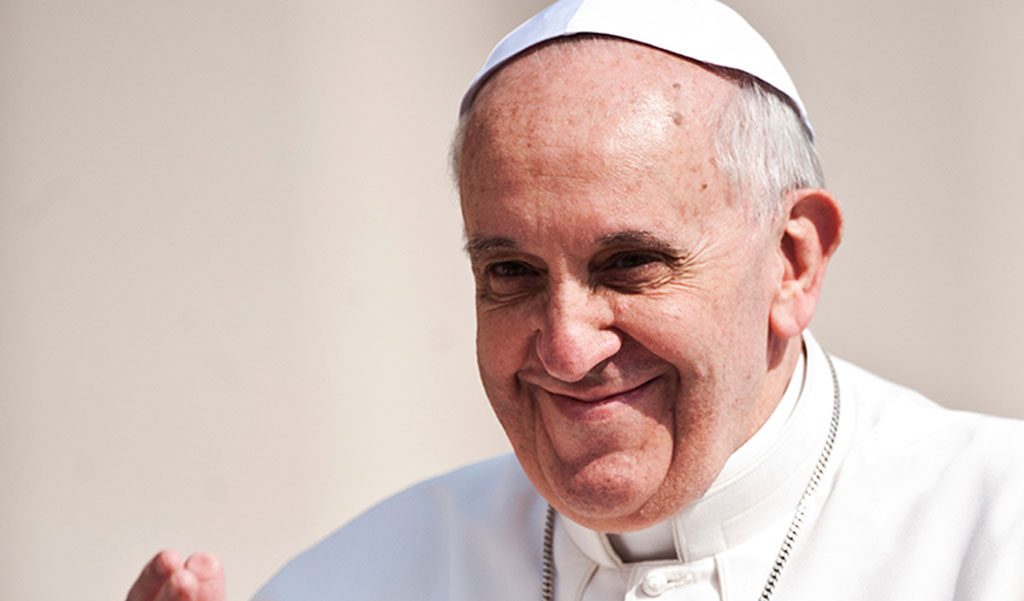Freedom
What We Must Do About the New Nazis and Refugees
As the entire world knows, 129 innocent people were cruelly murdered last Friday in Paris, France by savages related to ISIS (the Islamic State). Another 350 people were injured, many of them seriously. It was the worst terrorist attack on the Western World since 9-11.
In past columns I have called the Islamic jihadists the New Nazis because they share the same disregard for human life and rights as the followers of Adolph Hitler. Read More
Satan Teams with Bremerton High To Take on Coach Joe
When I was young, I played both football and basketball games at Bremerton High, now the center of a national prayer controversy regarding the public schools.
In the early 1970s while playing games in Bremerton and many other high schools in the state, our coaches led us in prayer. Read More
What Pope Francis Should Tell America
Pope Francis arrived in America today and that is a good thing.
Regardless of what you believe about Catholicism, or this pope’s particular views, I believe his visit, in general, will point the nation and the world in the direction of God and His Son, Jesus Christ.
That’s a very good thing in an increasingly secular and lost world.
Here’s why it’s good and what the pope should say to America. Read More



